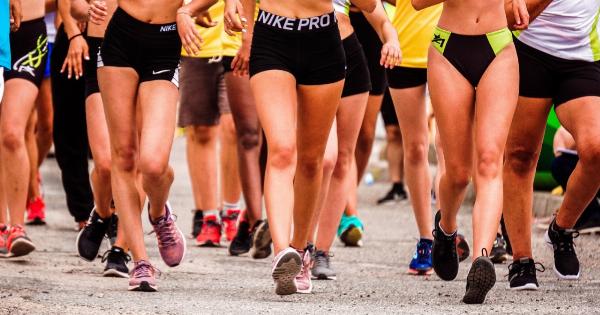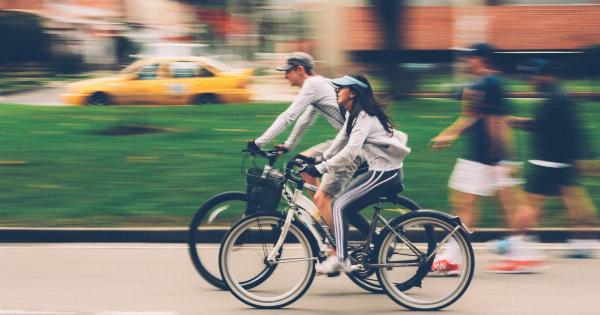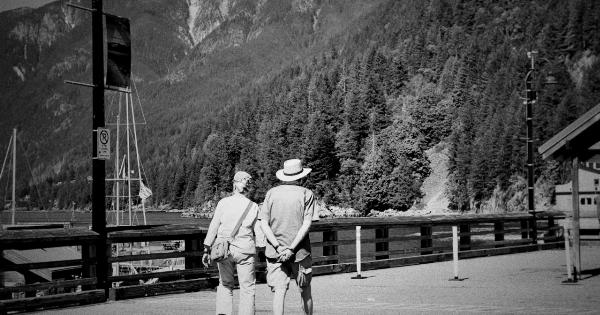Walking is a daily activity that we do without thinking twice.
It’s easy to take walking for granted, but did you know that the speed at which you walk can actually be an indicator of your overall health and well-being? In this article, we’ll explore why you might be walking slower than usual and why it matters.
What is Walking Speed?
Your walking speed is the rate at which you move through the environment on foot. It’s usually measured in meters per second (m/s) or by the time it takes you to walk a certain distance, typically one kilometer.
Walking speed can vary based on a number of factors, including age, gender, height, weight, and overall health.
Why Your Walking Speed Matters
Your walking speed can be a good indicator of your overall health and well-being.
In fact, studies have shown that people who walk slower than 1.0 meters per second (m/s) are at a higher risk of health problems, including cardiovascular disease, cognitive decline, and mortality. Walking speed can also be a predictor of future disability, as slower walking speeds have been linked to a higher risk of falls and difficulty performing daily activities.
Reasons You Might Be Walking Slower Than Usual
If you’ve noticed that your walking speed has slowed down, it could be due to a number of factors, including:.
- Pain or injury: If you’re experiencing pain or have recently been injured, it’s natural for your walking speed to slow down as you try to avoid aggravating the injury.
- Age: As we get older, our bodies naturally slow down and become less efficient, which can affect our walking speed.
- Illness: Certain illnesses or medical conditions can affect our ability to walk quickly, including arthritis, multiple sclerosis, Parkinson’s disease, and peripheral artery disease.
- Medications: Some medications can cause muscle weakness or drowsiness, which can make walking more difficult.
- Poor fitness: If you’re not regularly engaging in physical activity, your muscles may not be as strong as they could be, which can affect your walking speed.
- Obesity: Carrying excess weight can put added stress on your joints and make it more difficult to move quickly.
- Environmental factors: Walking speed can also be affected by the environment around us, including uneven terrain, hills, and weather conditions.
What You Can Do to Improve Your Walking Speed
If you’ve noticed that your walking speed has slowed down, there are a number of things you can do to try to improve it, including:.
- Incorporate exercise into your routine: Regular exercise can help improve muscle strength and cardiovascular health, both of which can contribute to a faster walking speed.
- Stretch regularly: Stretching can help improve flexibility and range of motion, which can make it easier to walk quickly.
- Manage your weight: Losing weight can reduce the stress on your joints and make it easier to move more quickly.
- Review your medications with your doctor: If you think your medications might be affecting your walking speed, talk to your doctor about whether there are alternatives that might be less likely to impact your mobility.
- Address any pain or injury: If you’re experiencing pain or have been injured, seek treatment to address the underlying issue.
- Use assistive devices if necessary: If you’re having difficulty walking, consider using a cane or walker to help support your mobility.
The Bottom Line
Your walking speed is an important indicator of your overall health and well-being. If you’ve noticed that your walking speed has slowed down, it’s important to identify the underlying cause and take steps to address it.
By incorporating regular exercise, managing your weight, and seeking treatment for any underlying medical issues, you can improve your walking speed and reduce your risk of health problems in the future.



























